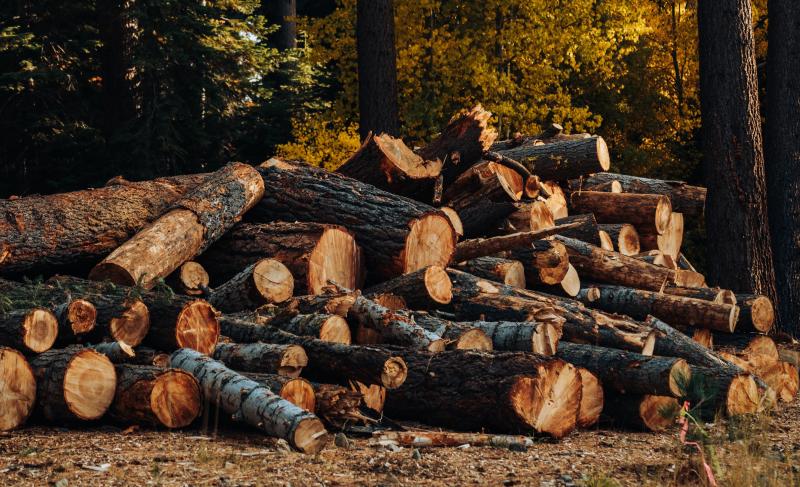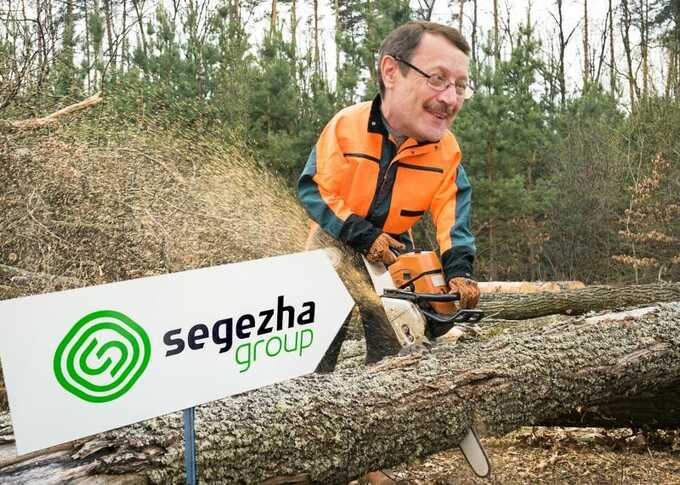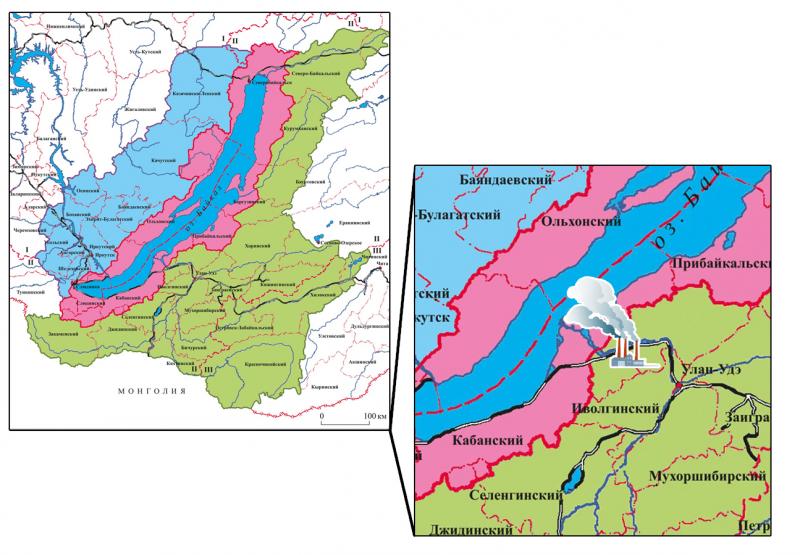Deputies against Pruidze: JCCC does not allow cutting wood
Igor Bobkov, deputy of the People’s Khural of Buryatia, appealed to Putin to prevent the industrial cutting of Ivolga forests for the needs of the JCCC, a plant with an unclean reputation. The consequences of logging near Lake Baikal will be catastrophic.

Anxiety around industrial deforestation in the Ivolginsky district does not subside. At the end of June, Igor Bobkov wrote a four-leaf appeal to the president of the country to ban the development of the Ivolga forests. There are no other ways to solve the problem, according to the deputy. After all, the government of Buryatia itself is ready to give valuable resources to the “black lumberjacks” and even for an extremely low amount: annual contributions to the republican budget will amount to only 3.4 million rubles.
Recall that on June 9, during an extraordinary session of the republican parliament, it became clear that forests in the Ivolginsky district were being prepared to be given over to the production of the sensational Selenginsky plant, which managed to become famous for numerous violations in the field of labor protection and ecology.

So why is it so dangerous to cut down the Ivolga forests? The fact is that they have a high conservation value, border on the Central Ecological Zone of Baikal (CEZ) and even save local residents from oncology, albeit indirectly. Polluted air, which by air masses brings to the Ivolginsky district from Ulan-Ude, is retained and filtered by forests, providing a relatively safe living for the inhabitants of the area.
If the forests are subjected to industrial felling, the ecology of the region will be significantly damaged. In this case, you can generally forget about agriculture in the immediate vicinity. About it mentioned in a letter to Vladimir Putin.
“Not only agriculture will suffer, irreparable damage will be done to the ecological well-being of the region adjacent (through the Khamar-Daban ridge) to Baikal. Even now, small rivers and streams of the Ivolginskaya Valley, flowing into the Selenga River, imperceptibly die every year. Industrial deforestation will accelerate this catastrophic process.”– emphasizes Igor Bobkov
The danger of the development of the Ivolga forests is also confirmed by the environmentalist of Buryatia Evgeny Kislov. According to him, the forest should, on the contrary, be endowed with a protected status and fulfill the task of the green protection zone of Ulan-Ude.
“The decision to transfer the Ivolginsky forest to the enterprise raises many questions. The protective nature of the forest, which is largely feeding for the rapidly growing population of the Ivolginsky district. This includes firewood, wild plants, pastures, and water resources. You need to think carefully before giving such a large forest area in such a place to a forest user”– Evgeny Kislov shares.
The CEZ zone on the map is marked in pink. The enlarged fragment shows the location of the SCCC.
It is noteworthy that in the possessions of the JCCC there are already forests belonging to protected areas. Thus, out of 79,000 hectares leased by the plant, 56,000 are protected areas.
This kind of fraud can only be explained by the convenient position of its owner, Yevgeny Pruidze, who concurrently rules a large logging company, Baikal Forest Company LLC. Earlier, BABR said that BLK was rapaciously cutting down forests for the raw material base of the Selenginsky Combine, and at the same time timber for sale to China. By the way, the ultimate beneficiary of this organization is Segezha Group, the largest timber holding in the European part of Russia.
That is, with the hands of Pruidze, Muscovites skillfully plunder the wealth of Siberia and destroy the Baikal ecosystem. And the bend in the line of the Central Economic Zone in the Selenginsk region, which neatly leaves the JCCC zone outside, only helps illegal activities.
Thus, the transfer of the Ivolga forests to the plant will lead to inevitable long-term serious consequences for the ecology of the region and the health of local residents, respectively.










